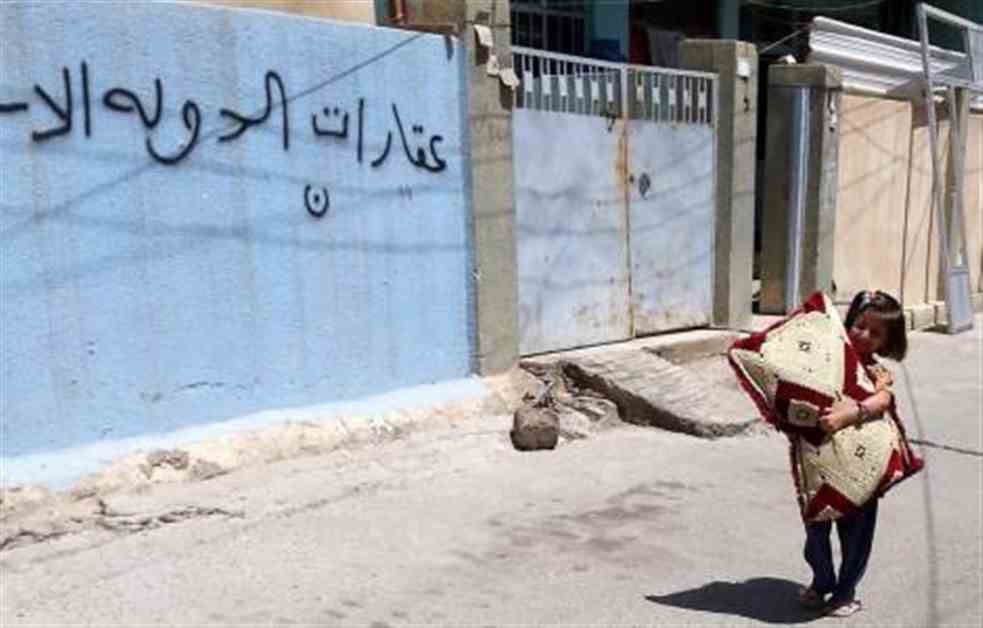Mosul, a city once known for its diverse faith communities, particularly the Christian population, has seen a significant decline in the number of Christian families residing there over the past decade. In June 2014, the Islamic State (IS) militants took control of Mosul, leading to the displacement of many Christian families. Before the arrival of the jihadists, the city was home to at least 1,200 Christian families. However, the challenging circumstances created by the IS occupation prompted the majority of these families to leave the city, seeking refuge in other safer areas like the Nineveh Plain.
The impact of the jihadist conquest of Mosul was profound, marking the beginning of a period of trauma and pain for the residents, especially the Christian community. Once a city known for its peaceful coexistence between different religious groups, Mosul transformed into a battleground under IS rule. The city’s rich history as the cradle of one of the oldest Christian communities in the world faced a threat as sectarian violence escalated following the US-led military intervention in 2003.
Despite the liberation of Mosul from IS control in 2017, the return of Christian families to the city has been limited. According to Chaldean Bishop Paul Thabit Mekko, only a small number of Christian refugees, around 30 to 40 families, have permanently returned to Mosul. The challenging circumstances, coupled with the psychological impact of the IS occupation, have deterred many from considering a return to their former homes.
The aftermath of the IS occupation left a lasting impact on the Christian community in Mosul, with many choosing to settle in other areas like Ankawa, a district in Erbil known for its Christian population. The sense of safety and increased job opportunities in Ankawa have made it a more attractive option for many displaced Christians compared to returning to a city that has undergone significant changes since their departure.
As Mosul continues to rebuild and recover from the scars of the past, the journey towards restoring the city’s once vibrant and diverse community remains a challenging task. The resilience and strength of the Christian families who have chosen to return to Mosul reflect a glimmer of hope amidst the shadows of the city’s tumultuous history. While the road to recovery may be long and arduous, the spirit of unity and perseverance within the community serves as a beacon of light for a brighter future in Mosul.


